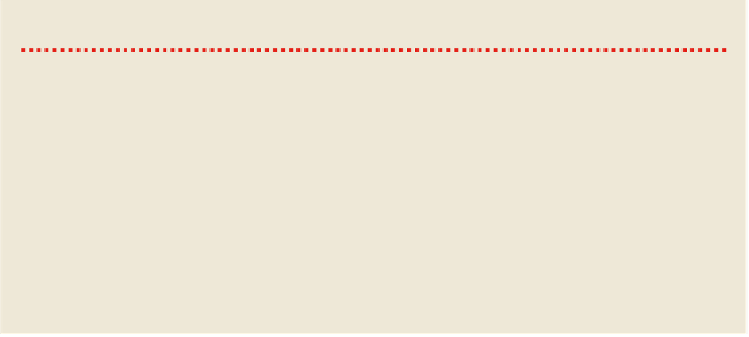Travel Reference
In-Depth Information
ESTANCIA LIVING ON A LIMITED BUDGET
What do you get when you cross a tourist estanciaand a hostel? Find out at the
US$25, d US$90, without bathroom US$70)
in the countryside 115km from Montevideo and
60km from Colonia. Experienced world travelers Mónica and Miguel offer guests a
chance to 'get away from it all' and settle into the relaxing rhythms of rural life for a
few days. Horseback jaunts for riders of all levels (US$25 to US$35, 2½ hours) are
expertly led by Miguel himself, and there's a sauna (US$10) to soothe those aching
muscles at the end of the day. Breakfast is included; other meals, from lunches to
fondue to full-fledged asados(barbecues) are available for US$8 to US$14. Taxi
pickup from the bus stop in nearby Colonia Valdense is available upon request
(US$10).
TOP OF CHAPTER
Colonia del Sacramento
POP 26,230
On the east bank of the Río de la Plata, 180km west of Montevideo, but only 50km from
Buenos Aires by ferry, Colonia is an irresistibly picturesque town enshrined as a Unesco
World Heritage site. Its Barrio Histórico, an irregular colonial-era nucleus of narrow
cobbled streets, occupies a small peninsula jutting into the river. Pretty rows of syca-
mores offer protection from the summer heat, and the riverfront provides a venue for
spectacular sunsets. Colonia's charm and its proximity to Buenos Aires draw thousands
of Argentine visitors; on weekends, especially in summer, prices tend to rise and it can
be difficult to find a room.
Colonia was founded in 1680 by Manuel Lobo, the Portuguese governor of Rio de
Janeiro, and occupied a strategic position almost exactly opposite Buenos Aires across
the Río de la Plata. The town grew in importance as a source of smuggled trade items,
undercutting Spain's jealously defended mercantile monopoly and provoking repeated
sieges and battles between Spain and Portugal.
Although the two powers agreed over the cession of Colonia to Spain around 1750, it
wasn't until 1777 that Spain took final control of the city. From this time, the city's com-
mercial importance declined as foreign goods proceeded directly to Buenos Aires.
Sights & Activities




